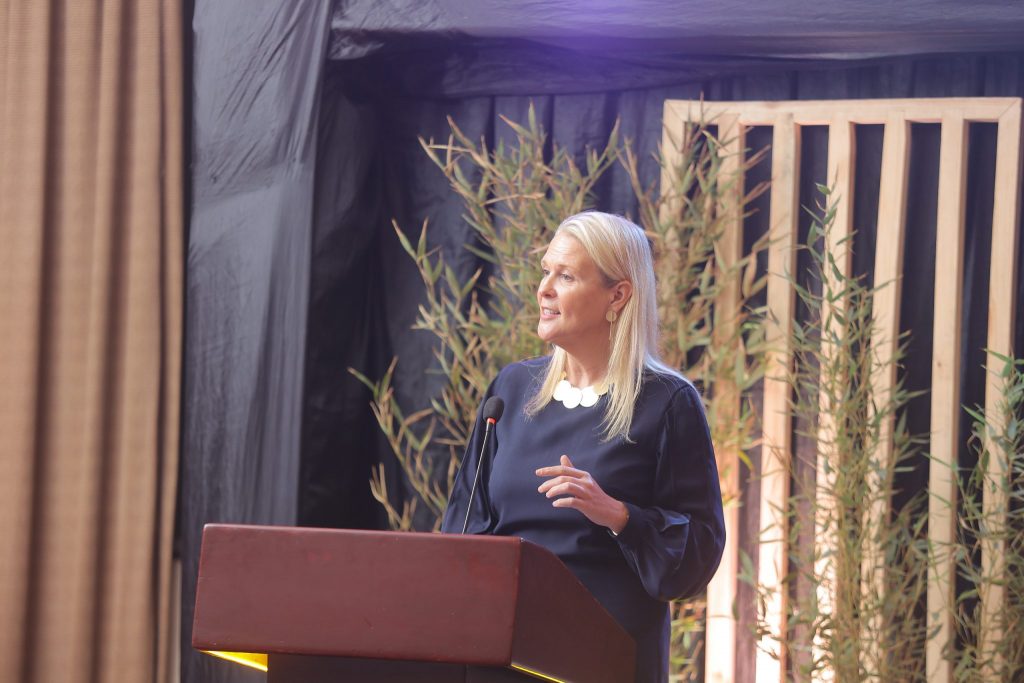
At a time when protectionist measures are on the rise in major economies such as the United States, the United Kingdom has reaffirmed its commitment to keeping near-zero tariffs on Ugandan exports. Speaking in Kampala, UK High Commissioner to Uganda Lisa Chesney emphasized that trade openness remains central to Britain’s international strategy.
“There’s a lot going on in the world of trade right now. There are lots of barriers, but in the UK, we see openness as central to our international strategy,” Chesney said. “Whilst other countries are raising tariffs, you can rely on the UK to keep tariffs with Uganda down to nothing.”
Boost for Ugandan Agriculture
The High Commissioner highlighted several initiatives aimed at supporting Uganda’s agricultural exports. Among them is the launch of a direct flight between Entebbe and London, a partnership with Uganda Airlines that has opened new possibilities for the air freight of fresh produce.
Uganda also benefits from the UK’s Developing Countries Trading Scheme (DCTS), which grants tariff-free access for 95% of Ugandan goods. This includes high-demand products such as coffee, tea, fruits, vegetables, and flowers. “I have tasted Ugandan avocados and pineapples,” Chesney remarked. “Going back to what’s on the supermarket shelves in the UK is very depressing by comparison.”
Trade Growth and Opportunities
Ugandan exports to the UK have more than doubled in recent years, rising from US$10.7 million in 2019 to US$21.3 million in 2023. The country’s leading exports include coffee, tea, spices, fruits, vegetables, fish, dairy products, and cut flowers, products well-suited to UK consumer demand. However, challenges remain. David Kasura Kyomukama, Permanent Secretary of Uganda’s Ministry of Agriculture, noted that inconsistent supply and quality often undermine trade agreements.
“Number one is consistency of volume. We write contracts to export mangoes to the UK, and exporters may fulfill two consignments. The third one, no mangoes because mangoes in Uganda are seasonal,” Kyomukama explained. He added that issues of quality and safety standards must also be addressed to strengthen competitiveness.
Despite these hurdles, Uganda has clear opportunities to expand in the growing global market for organic fruits and vegetables, particularly avocados, bananas, mangoes, and pineapples.
As the UK doubles down on its trade openness, Uganda’s agricultural sector stands to benefit significantly, provided exporters can scale up production consistency and meet international quality standards. For Ugandan farmers and agribusinesses, the combination of tariff-free access, improved logistics, and rising demand in the UK presents fertile ground for growth.
